DAP lawmaker Hannah Yeoh had anticipated brickbats from Muslims and non-Muslims alike when she wore a hijab at a mosque.
It also triggered some within DAP, which is grappling over its future as a multiracial party after Pakatan Harapan's multiple setbacks, including its dismal performance in the Malacca state election last month.
By and large, DAP's leadership is steering the party towards greater diversification after decades of being labelled a Chinese outfit.
Part of this push includes reaching out to the Malays to overcome negative perceptions among the majority community.
However, this move has caused concern among those in DAP who feel the party's approach borders on appeasement and would lead to an erosion of support from its traditional base.
After Yeoh donned the hijab to meet with her Segambut constituents at the mosque, a heated argument erupted in Johor DAP.
In a leaked WhatsApp communication confirmed by sources, Johor DAP committee member Dr Boo Cheng Hau appeared to lash out at Yeoh's move.
"Maybe all of our women reps should wear the hijab not only in mosques but all over in public markets, churches, schools and so on.
"Best still, all should convert to Islam. Then we will be ensured to win Putrajaya in the next general election. What say you smart dudes?" the former state party chief asked.
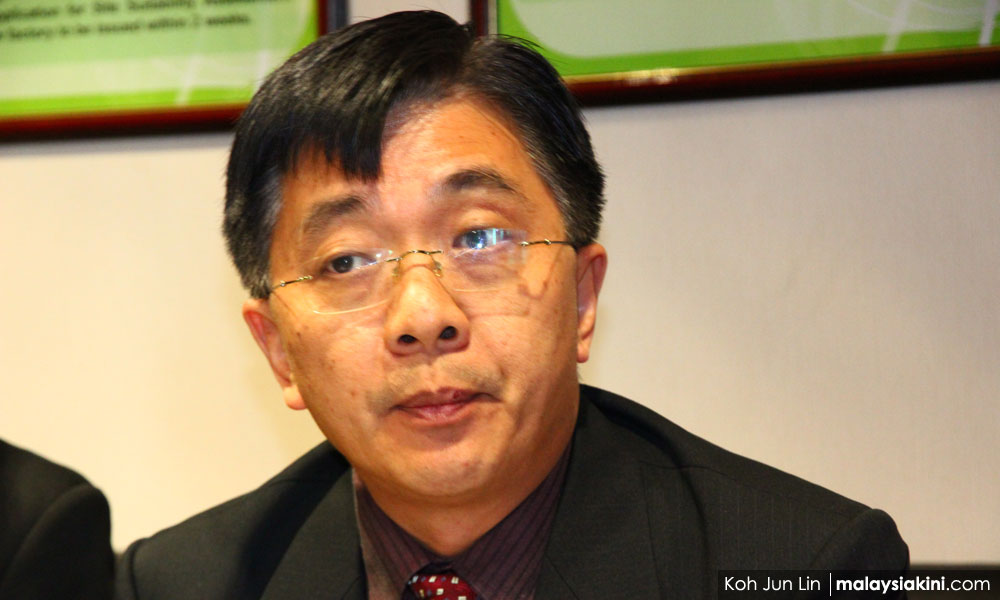
His remarks courted flak from many, who argued that women covering up at mosques was a sign of respect and that women do the same when visiting Sikh gurdwaras as well.
Boo, however, appeared to insinuate that it was a stunt and that Malays knew what DAP was doing.
With the exception of Boo, the identities of all others in the conversation Malaysiakini sighted were redacted, but it is understood that other Johor DAP leaders were in the group.
When contacted, Boo, who is the former Skudai assemblyperson, declined to confirm his remarks, citing party discipline in not divulging internal discussions.
The 'songkok' dilemma of 2006
Criticism regarding DAP members donning Muslim or Malay attire is not new.
In 2006, then Perak DAP chief Ngeh Khoo Ham wrote that requiring DAP elected representatives to wear songkok at state palace events was "inappropriate" and argued that it touched on the sensitivities of non-Malays.
He noted then that the party had actually refused to attend events requiring a songkok since 2002.
"Wearing or not wearing a songkok is a trivial matter of attire but when imposed on others, it brought with it the question of cultural freedom and the issue of racial and cultural domination on others, thus making it a very sensitive issue," he said in the July 2006 statement.
DAP began to soften its stance against the songkok in 2008, with Boo among those agreeing to wear it at the opening of the Johor state assembly sitting following that year's general election.
However, sentiments against wearing Malay-Muslim outfits continued to linger.
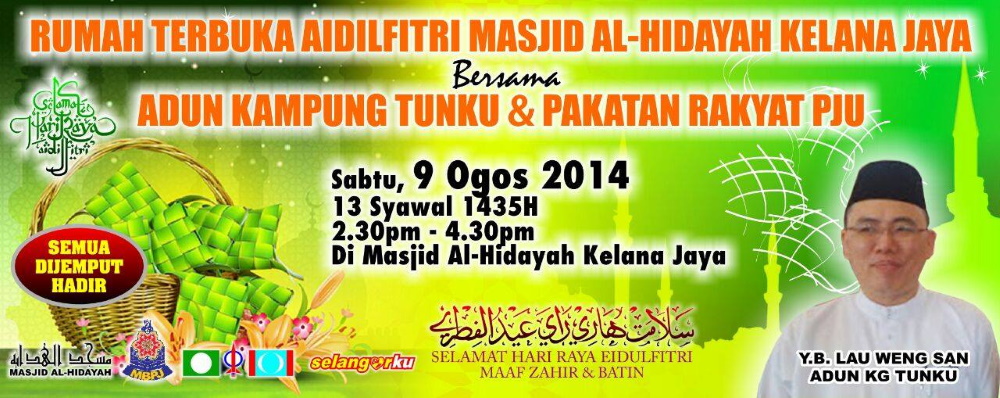
In 2014, then Kampung Tunku assemblyperson Lau Weng San caught the ire of infamous DAP-linked firebrand Hew Kuan Yau, better known as Superman, for wearing a baju Melayu and songkok in a Hari Raya open house invitation.
It would be convenient to surmise that as DAP grows more diverse and inclusive, sentiments against diversification are the reactions of those who are not moving on with the times. But the situation is not as simple.
Boo: Go deeper than superficial cultural matters
In a tweet on Thursday morning that has since been deleted, Boo remarked: "Do you really think DAP can win Malay support by only wearing baju Melayu and hijabs?”
"I proposed DAP to have Islamic scholars to relate DAP's social democracy better to Malay masses in (an) Islamic context. But (DAP strategist) Liew Chin Tong thought it's a stupid idea," he added.
At a cursory glance, when viewed together with the remarks on WhatsApp, Boo's tweet might give the impression of being flippant.
However, the veteran politician told Malaysiakini that his suggestion for Muslim scholars to be involved in DAP was a genuine proposal he made sometime between 1999 and 2000.
"In my view, we have to relate our ideology (social democracy) to the hearts of Malays in (a way) which they can identify (with).
"It is important to go deeper than superficial cultural matters. It is to explain social democracy on an Islamic and Malay spiritual level," he said while repeating the contents of the tweet.
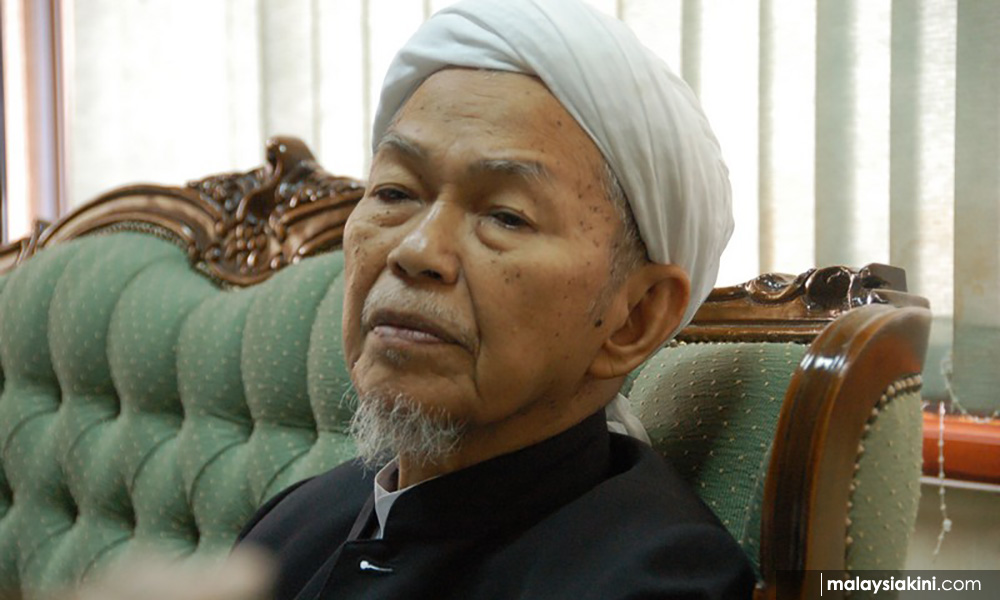
Boo pointed to how the late PAS spiritual leader Nik Abdul Aziz Nik Mat used to explain Islam and interpreted ideas of multiculturalism and embracing differences from an Islamic perspective, as an example to emulate.
Asked for his thoughts on how DAP was approaching the Malays, he replied that party representatives have done well to establish rapport with all races.
"We have learned to do things that are acceptable by all communities, which could be quite painstaking at times. Cultural sensitivity is vital in handling community affairs, through which we have to be seen as manifestly fair and sensible to all communities.
"We cannot be seen as over-appeasing a particular group while neglecting the rest," he said when relating how he accommodated the sensitivities of his Muslim constituents when he was the Skudai assemblyperson.
Boo argued that "over appeasing" would come across as pretentious, and Harapan and DAP should not try to be a party that they are not while presenting their ideology in a way that all Malaysians can relate to.
He added that while Malays are the majority, single race dominance could lead to antagonism and that the majority should be concerned about preserving and promoting the minorities' rights to culture, language and livelihood.
At the same time, Boo said DAP and Harapan have lost both Malay and non-Malay support in various degrees and must learn from their political failures.
Concerns over Chinese base being alienated
Meanwhile, a DAP member, who declined to be named, told Malaysiakini that some grassroots feel that the party's "Chinese base" is being alienated by attempts to reach out to the Malays.
However, the source said such voices are in the minority, and that party elections have shown that those in support of diversification are being put in the driver's seat.
The source added that the party's non-member supporters are also not as concerned about perceived Malay appeasement.
"People are more concerned about our mistakes while in government or the 'frog' episode in Malacca than the attempts to approach the Malays.
"Plus, I believe our opponents are worse when it comes to non-Malay rights, so even if some are not comfortable (with DAP diversifying), they will not run to MCA (for example). At least, not because of this," the source added.
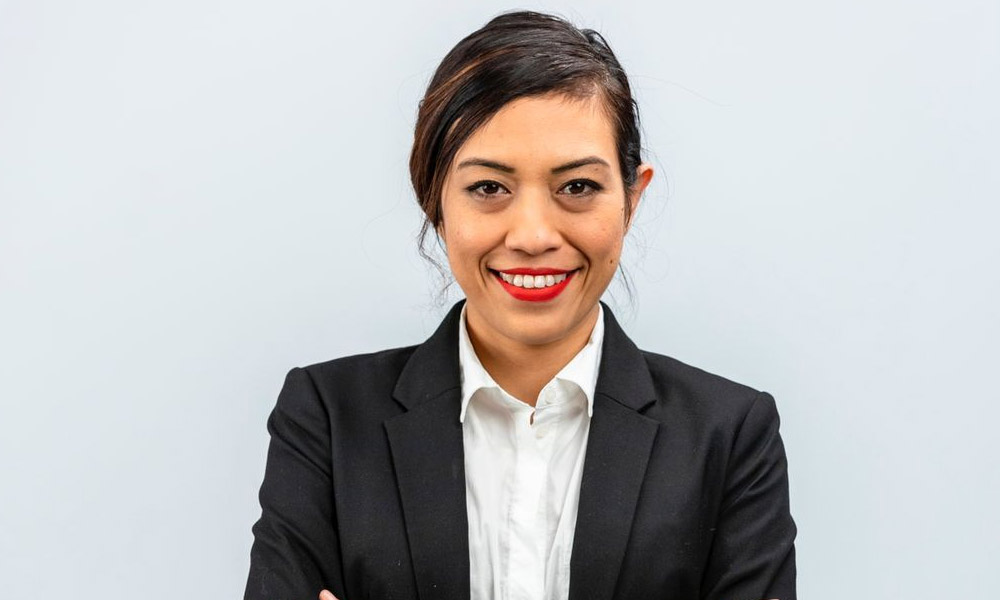
For DAP’s Seri Delima assemblyperson Syerleena Abdul Rashid, the concerns in DAP are understandable as experiencing oppression or being treated as inferior can create insecurities and distrust.
"(But) we need to understand what makes us different and eventually embrace the notion of Bangsa Malaysia.
"For a non-Muslim to wear a tudung is a sign of respect. The same goes for a Malay-Muslim to attend temple dinners or refrain from eating beef in the presence of Hindu Malaysians.
"Decades of division and hate-mongering from certain factions have made simple gestures that stem from respect and tolerance to be seen as threatening," Syerleena lamented.
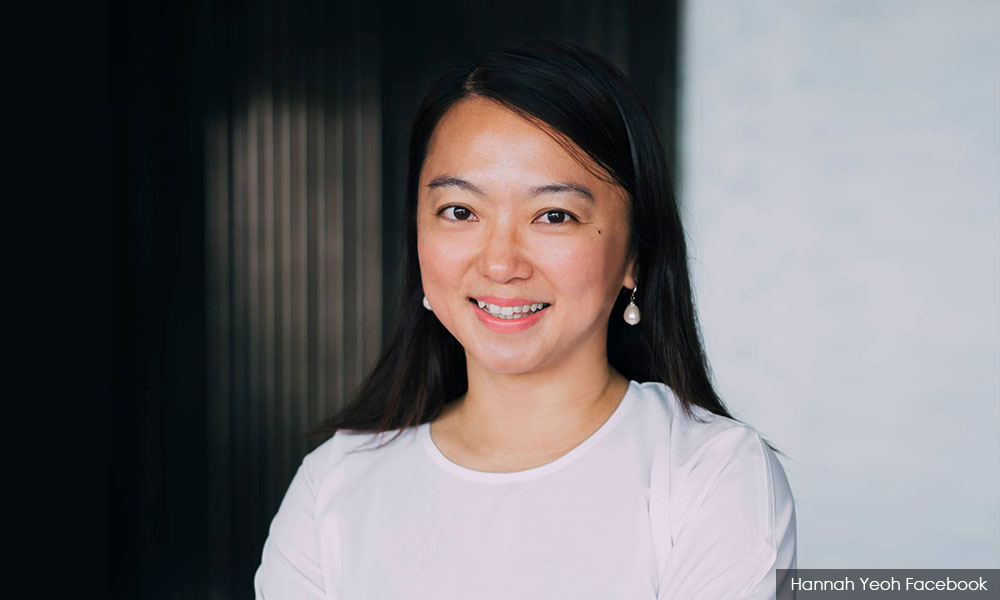
When contacted over the controversy surrounding her decision to wear the hijab, Yeoh shared similar sentiments.
She stressed that as a multiracial party, the manner of dress when attending religious functions or venues is a sign of respect.
"What we say (and do) is consistent with our vision of a progressive and democratic country," Yeoh said. - Mkini




No comments:
Post a Comment
Note: Only a member of this blog may post a comment.